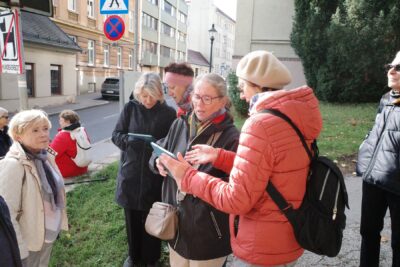The World Health Organization (WHO) promotes an age-friendly approach that makes sure every member of our community gets the full support they need to maximise their potential, no matter their age. WHO’s new guide and toolkit aims to support this approach at national level.
We are on average living longer, but not necessarily healthier. Our physical, social, and policy environments are major influences on our health and wellbeing in older age. To maximise the opportunities of longer lives for all, we need supportive environments that foster the ability to continue to develop personally, be included, contribute to their communities, and enjoy independence and good health.
Developing age-friendly cities and communities is a proven way to create more age-friendly environments through action across eight domains: housing, transportation, outdoor spaces and buildings, community support and health services, communication and information, social participation, respect and social inclusion, civil participation and employment.
The development of age-friendly cities and communities can be accelerated through national programmes. A new guide and toolkit released by the World Health Organization provide a clear, step-by-step framework for how such programmes for age-friendly cities and communities can be established and sustained. The new guide covers the following areas:
- Partnerships, networking and stakeholders
- Leadership and strategic thinking
- Human, financial, institutional and cultural resources
- Capacity-building
- Knowledge, research and innovation
- Monitoring and evaluation.
Download WHO’s guide and toolkit to national programmes for age-friendly cities and communities







